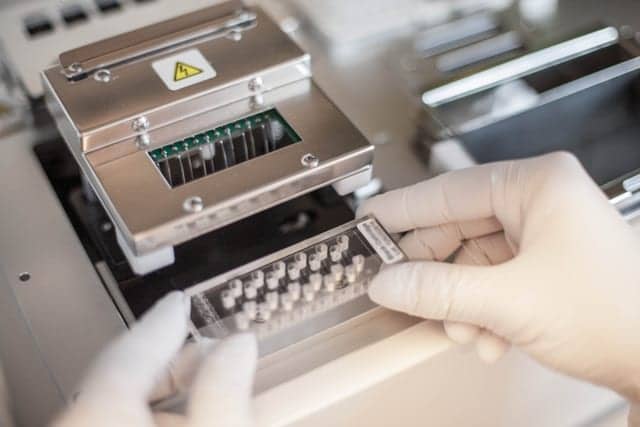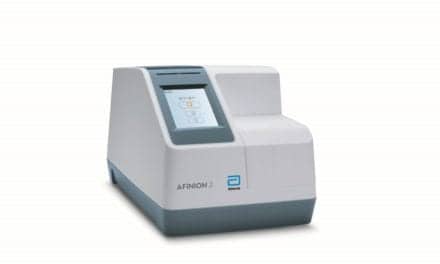SenzaGen, Lund, Sweden, has launched GARDair, the first in vitro test for airway allergies, removing the need for animal testing and opening a completely new market. GARDair relies on the company’s proprietary genomic allergen rapid detection (GARD) technology platform. The test uses genetic biomarkers to determine with high accuracy whether inhaled substances and chemicals that come into contact with the lungs are allergenic or not.
Respiratory allergies or respiratory sensitization, which manifests primarily in the form of asthma, is a growing problem. More than 300 million people worldwide are diagnosed with asthma—a figure that is expected to increase in the next few years. There are currently no methods available for testing whether chemicals contribute to or cause allergic reactions in the respiratory tract. GARDair makes use of genetic biomarkers that cover the entire immune reaction and are predictive of hypersensitivity.
From pesticides to fragrances, GARDair primarily targets the wide range of testing needs associated with the chemical, cosmetic, and pharmaceutical industries. SenzaGen’s Lund-based laboratory and the company’s licensed laboratories will market GARDair, enabling immediate availability in Europe and the United States.
GARDair uses the same technology platform as the company’s already-launched GARDskin product, and is supported by the European Union’s program for small- and medium-sized enterprises, Horizon2020. It has been developed in cooperation with AstraZeneca. The GARD group of tests use genetic biomarkers for more than 200 genes. The tests have over 90% reliability, which compares favorably with the current predominant test method—experiments on mice—which has an accuracy of 70% to 75%.
Along with other tests in its category, GARDskin will be evaluated by the scientific committee of the European Center for the Validation of Alternative Methods at a special meeting to be held in the spring of 2019. SenzaGen’s final validation report for GARDskin indicates that the test detects chemical substances that pose a risk of causing allergies with 93.8% accuracy.
“I have been advising SenzaGen in their preparations for the commercialization of GARDair,” says Paul Yianni, Horizon2020 coach. “SenzaGen is for me a true EU success story and meets the aims of Horizon2020 by translating an excellent technology platform into a number of excellent products and offerings for the market.”
“There is a huge demand for GARDair from customers in the chemicals, pharmaceutical, and cosmetics industries,” says Anki Malmborg Hager, CEO of SenzaGen. “The ability to test, without using animal models, whether substances might cause airway allergies brings major benefits in several ways—not only when it comes to developing better and safer products, but also by offering employees a safe production and working environment. GARDair, in combination with GARDskin, provides new insights and thereby new opportunities for our customers to actively avoid chemicals with multiple allergenic effects.”
SenzaGen makes it possible to replace animal experiments with in vitro genetic testing to determine the allergenicity of common chemicals, such as those found in cosmetics, dyes, food products, and pharmaceuticals. The company’s patented tests are the most reliable on the market and provide more information than traditional evaluation methods. SenzaGen’s US-based subsidiary is headquartered in San Francisco.
To learn more, visit SenzaGen.






